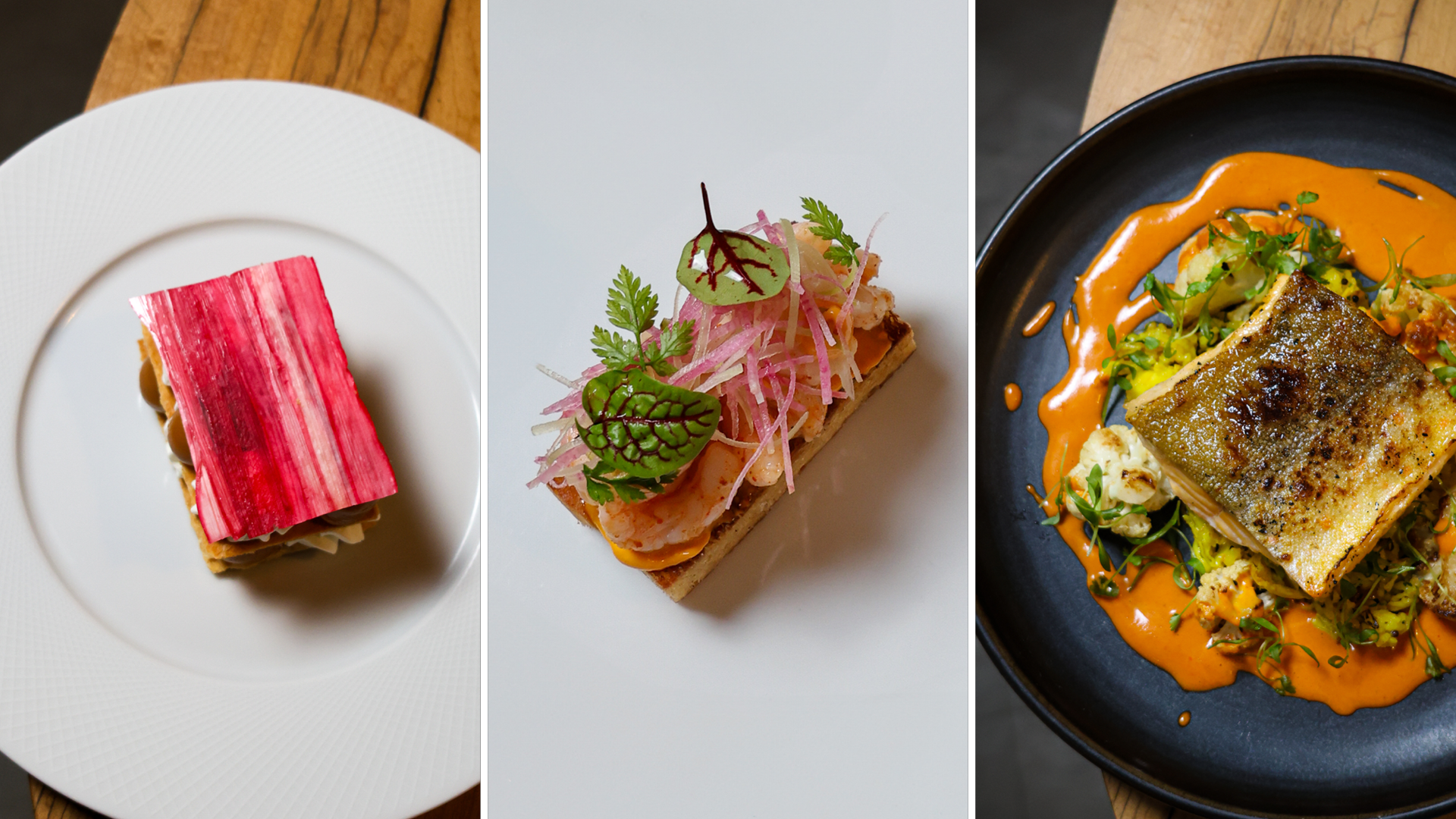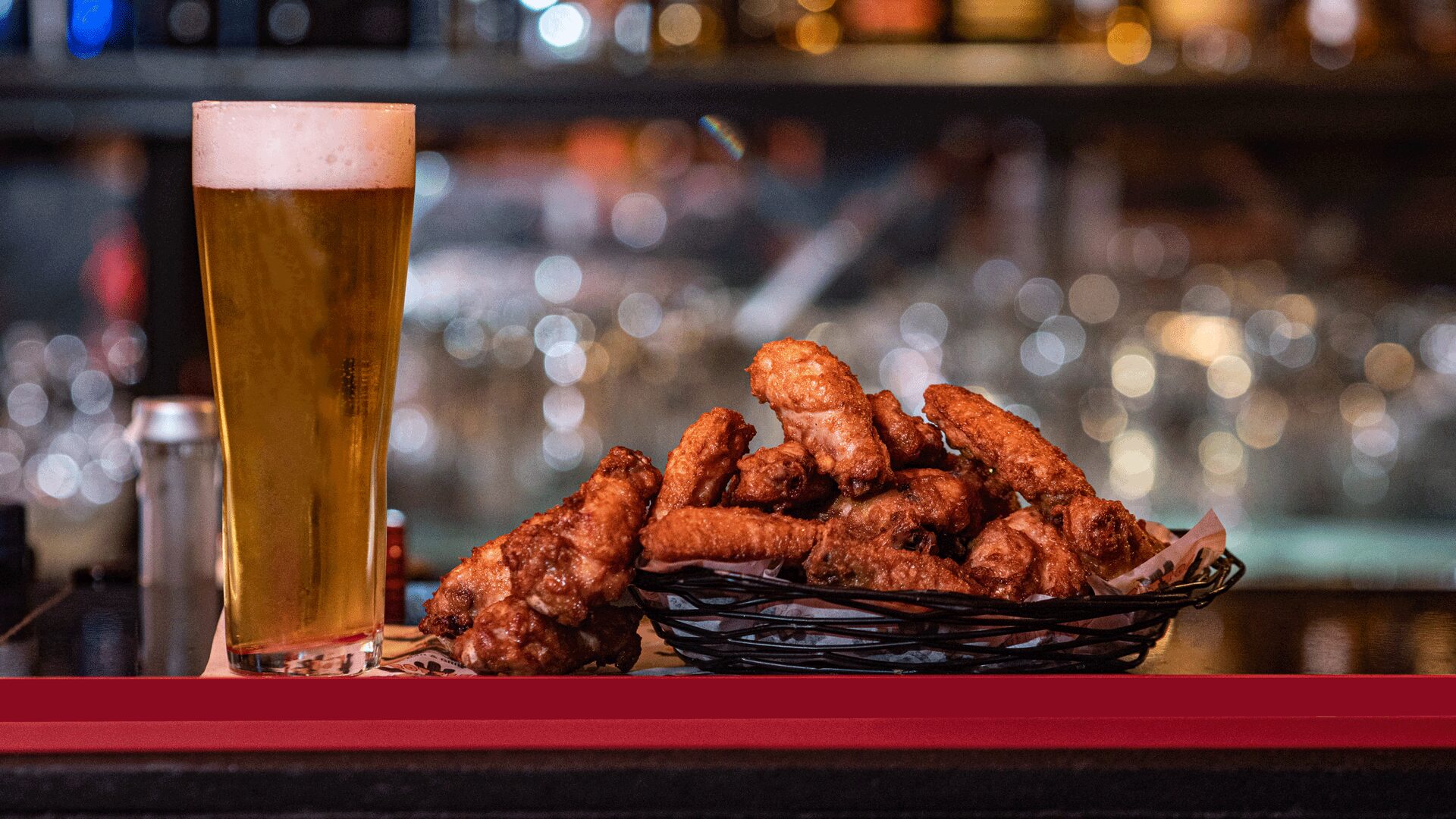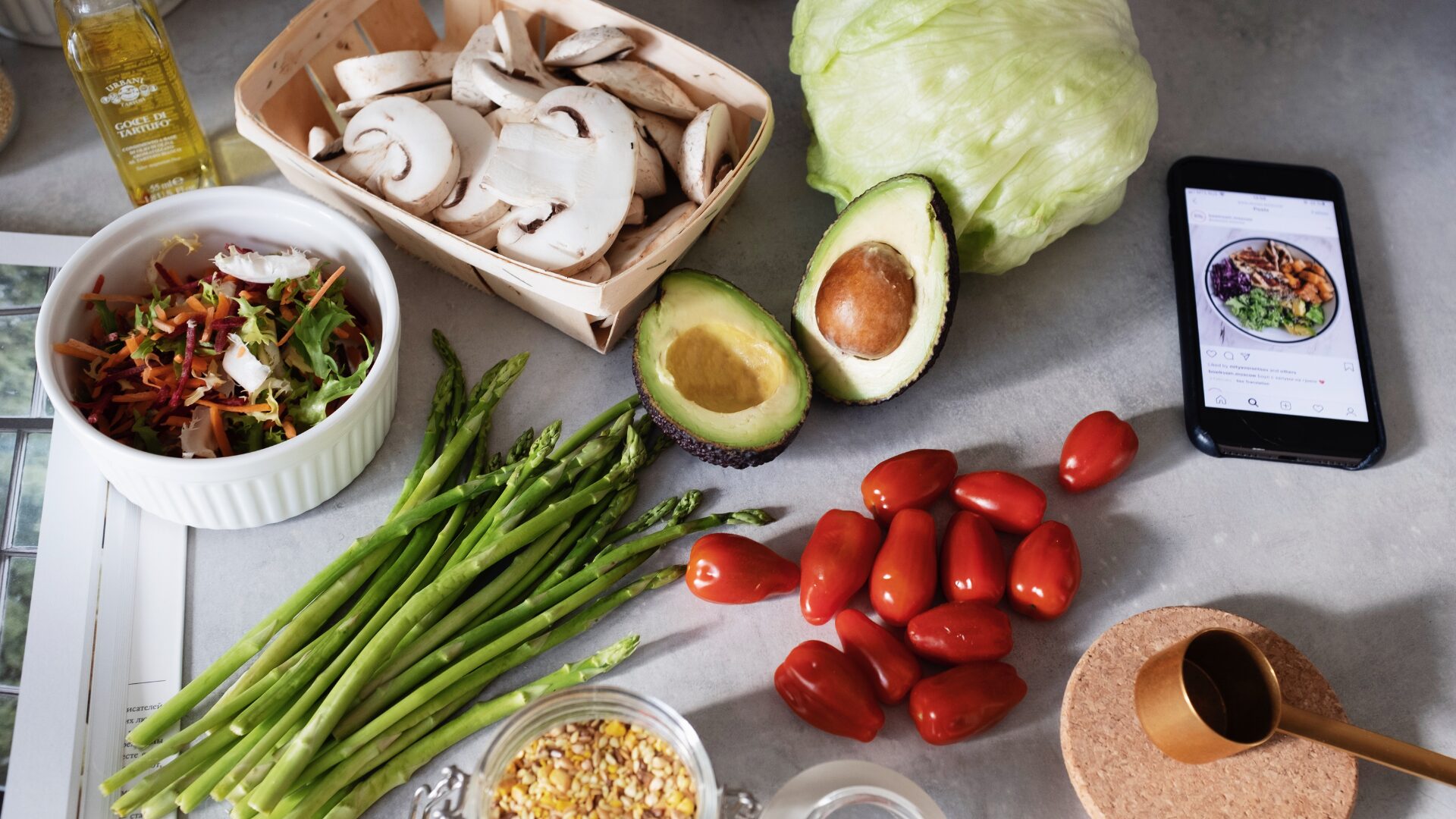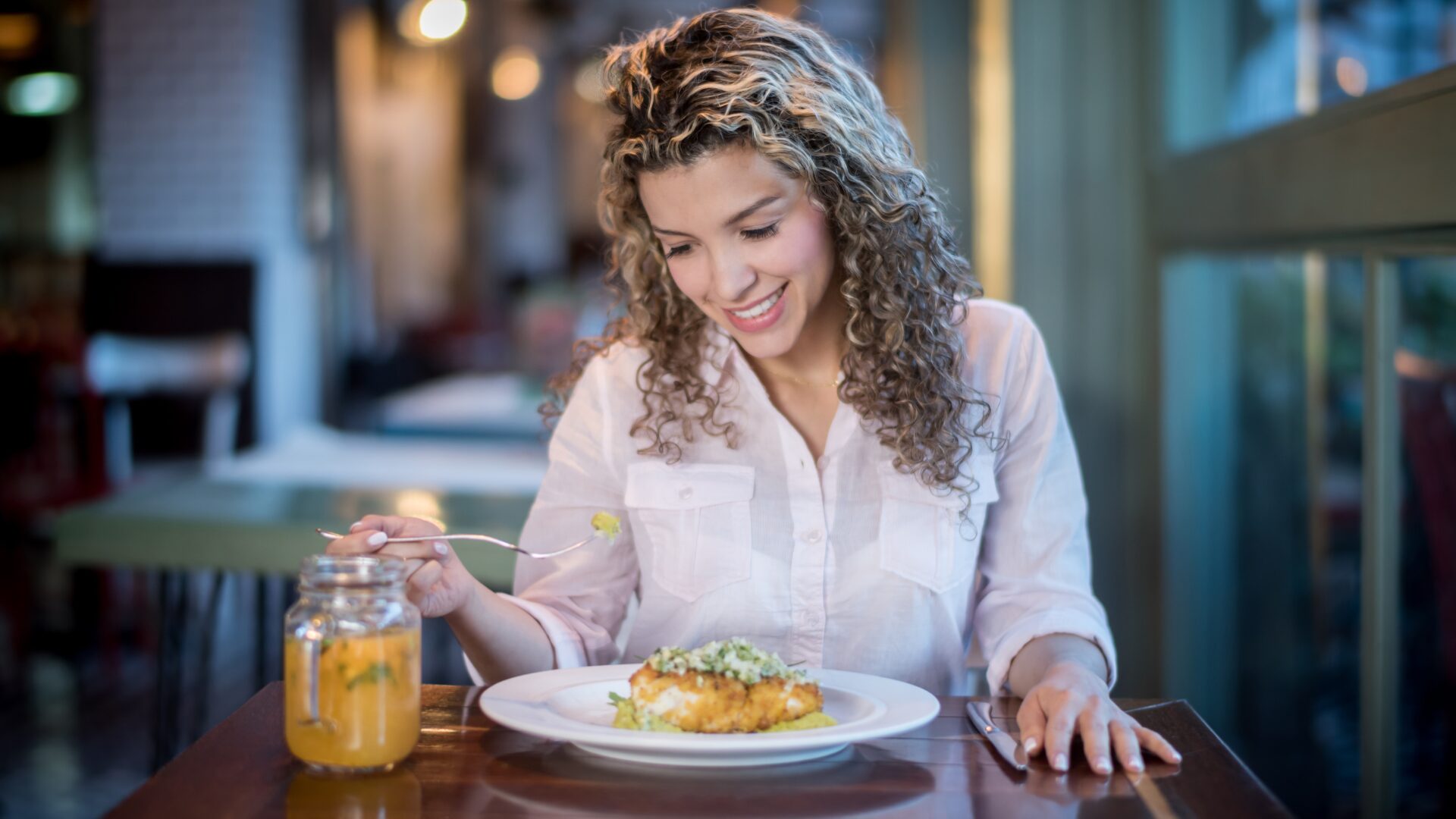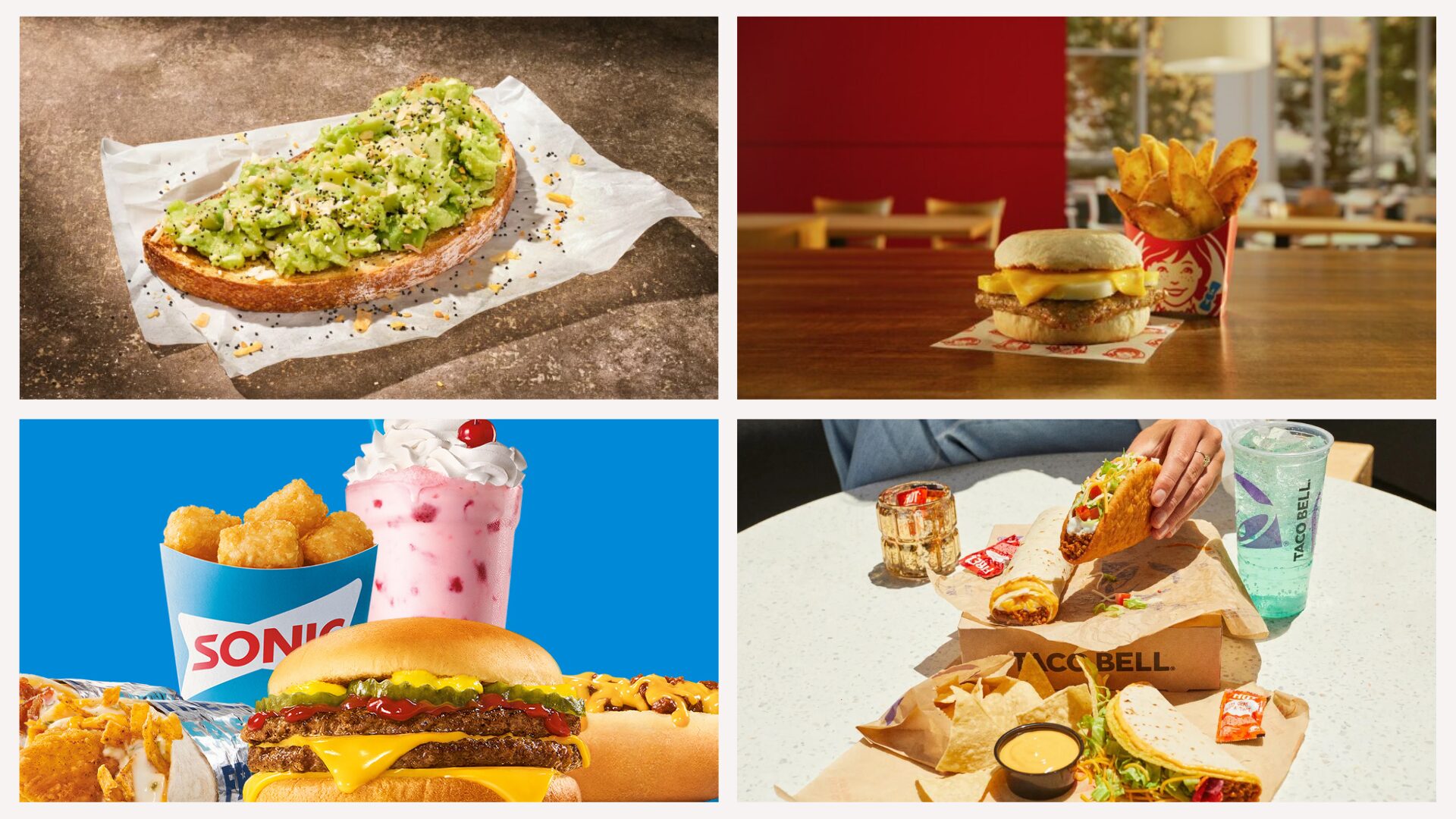The “ghost food hall” concept could be a lifeline for restaurant owners to help carry them through the health crisis, reported The Washington Post (July 20).
The concept combines the ghost kitchen model, which serves meals exclusively by delivery, and the traditional seating arrangements and variety of products typical of a food hall.
In Washington DC, Ghostline—an establishment that will gather several chefs cooking in different styles to offer takeout, delivery, and limited patio seating—will open for business Sept. 1, without serving customers inside.
Besides Ghostline, Pasadena, CA-based Kitchen United and Houston-based Click Virtual Food Hall seem to be among the only other ghost food halls in the U.S.
In May 2018, Kitchen United opened its first location and has since expanded to Chicago, Austin, and Scottsdale, AZ. Each of the “kitchen centers” houses several restaurant brands with their own space, equipment, and cooking staff, while Kitchen United employees maintain the space and handle the logistics of pickup and delivery.
“Our Kitchen Centers thrive when our restaurants thrive and the restaurants thrive when they’re busy,” CEO Jim Collins said. “That means making sure they’re the right size (about 10 kitchens), in the right areas (high population), and that the restaurant brands and cuisines offered in our locations are already popular with nearby consumers.”
Having several chefs at a ghost food hall makes the project cheaper and decreases financial risk, according to Rick Camac, dean of restaurant and hospitality management at the Institute of Culinary Education. Ghost food halls can rely on limited menus, smaller staffing, and commissary kitchens where cooks share bulk items like oil and salt.
Globally, cloud kitchen revenue is estimated to climb to almost $72 billion by 2027 from $43 billion last year, according to Allied Market Research.
In Asia, Singapore’s Kishin RK—a 36-year-old heir to a multi-billion dollar property empire—is creating a network of 1,000 cloud kitchens across the continent, as well as Europe and the U.S., reported Bloomberg (July 20).
“The investment into cloud kitchens is an opportunity to look at real estate with a different lens and create revenue from a space which may not be as relevant anymore,” said Kishin, who founded the food technology company TiffinLabs.
TiffinLabs will rent kitchens in restaurants and those used by catering firms, including a revenue-sharing deal, and then roll out its own brands like Publico Pasta Bar and Huraideu Korean Fried Chicken. Chefs and other kitchen staff will be employed and used to produce multiple cuisines from a single site.
The first kitchen should open in the fourth quarter and TiffinLabs plans to have more than 30 restaurant concepts serving over 15 cuisines in at least 10 countries within the next 12 months, according to its website.
Ghost kitchens and halls could be a viable option for restaurant operators in the future as about 10% of independent operators could shutter operations by the end of 2020, according to financial services firm Stephens, reported The Wall Street Journal (July 21).
New York City-based Eden restaurant is an example: The restaurant closed permanently July 18 after finding outdoor seating and takeout orders were not enough to bolster the business. Indoor dining has been halted at nearly 90,000 restaurants across the country, according to the National Restaurant Association, while plans to resume indoor dining in places including New York City and New Jersey are also in limbo.


